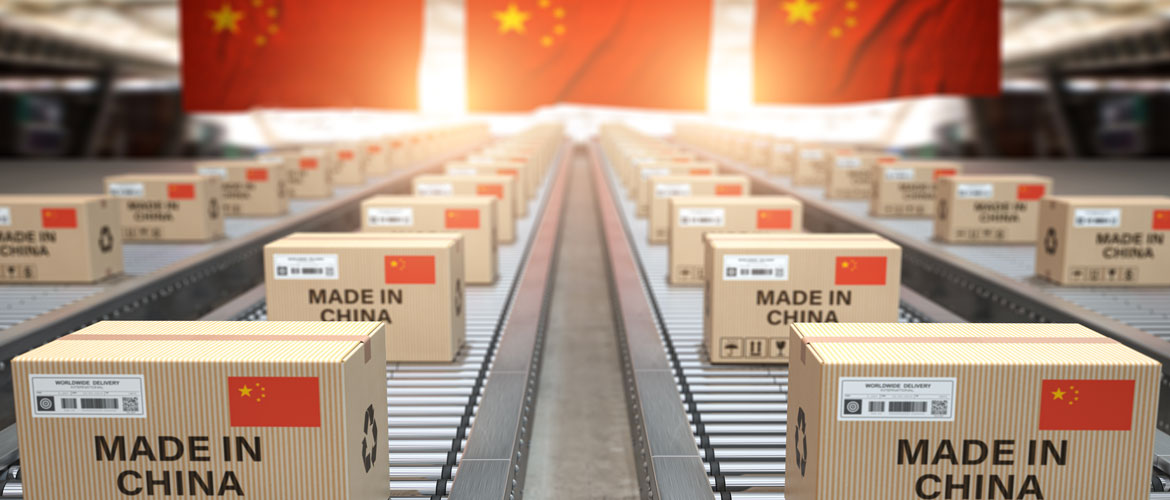Supply chain shock as power cuts shut China factories

The Chinese government has implemented strict control on the use of electricity that will seriously affect production in factories across ten critical China provinces.
Many parts of north-eastern China is experiencing power rationing and cuts because of coal shortages and the tightening of emissions standards, affecting heavy industry and manufacturers, with many closing temporarily.
The regulations have been implemented in more than 10 provinces, including the economic powerhouses of Jiangsu, Zhejiang, and Guangdong, with many factories ordered to stop production to meet energy consumption targets and coal prices hitting record highs, making many power plants unprofitable.
The cuts followed China’s National Development and Reform Commission, releasing a plan to restrict energy-intensive activities and consumption. Which commanded provincial governments to ration electricity consumption to control emissions in line with President Xi Jinping’s target for carbon emissions to peak by 2030, and to achieve carbon-neutrality by 2060.
Affected provinces are some of the most industrialised in China, including the economic powerhouses of Jiangsu, Zhejiang, and Guangdong and the strategic ports, Ningbo, Guangzhou, Nansha, Yantian and Shekou.
As this is the sea freight peak season it is likely that these developments will contribute to delays in receiving shipments at ports, especially when the power cuts last beyond the end of September.
It’s unclear how long rationing and cuts will be in place, so it is not possible to predict the longer term impact. In the short-term tension in the market will be maintained through blank-sailings, rolled cargo and the HGV driver shortage.
The shipping lines claim that there will be no improvement in space and prices until after the Chinese New Year. Beyond that date, it is impossible to predict how the market will be performing, although everything leads us to believe that we will be in an unprecedented peak season
Most of China’s electricity supply is coal-fired and, although the affected industries can use renewable energy as a substitute, the take-up will not happen overnight, even though the government has been investing heavily in wind energy.
Supply chains are likely to be under further pressure with these developments and while we expect the situation in these regions and surrounding ports will improve, as power is restored, this may take a little time.
We will be assessing the situation’s impact on a shipment by shipment basis, which is why we recommend that you give us your shipping forecasts and bookings, as far ahead as possible.
Please do not hesitate to contact us with any questions you may have and we will continue to share the most important developments, so that you are informed, to make the decisions that matter.

